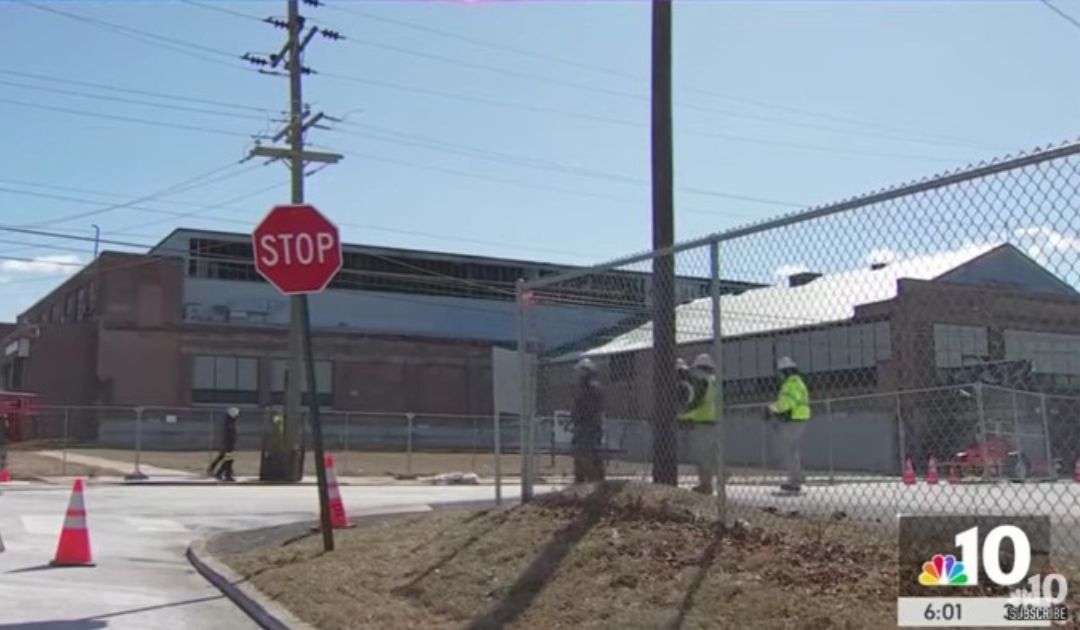Environmental Rescue Mission: SPS Contractors Mobilize to Cleanse Neighborhoods at Residents' Call

In response to community needs, an environmental contractor has been mobilized to address debris removal across Springfield Public Schools (SPS) district. The specialized cleanup teams are now actively working to clear debris from schools, local parks, and residential areas, providing a comprehensive service to support community cleanliness and safety.
Residents who require debris removal can now request assistance through the SPS service, with frequently asked questions (FAQs) recently updated to provide clear guidance on the process. The environmental contractor's crews are equipped to handle various types of debris, ensuring efficient and thorough cleanup efforts throughout the community.
The deployment of these professional cleanup teams demonstrates SPS's commitment to maintaining clean, safe, and well-maintained public spaces for students, families, and local residents. Individuals interested in requesting debris removal can access the updated FAQs for detailed information on how to initiate the service.
